Analyzing Agency Principles and Uber's Liability in the Gig Economy
VerifiedAdded on 2023/05/31
|5
|1083
|379
Report
AI Summary
This report examines the application of agency principles within the gig economy, specifically focusing on the potential liabilities of companies like Uber. It delves into concepts such as actual express authority, actual implied authority, apparent authority, and ratification, explaining how these principles can hold Uber responsible for the actions of its drivers. The report highlights instances where Uber may incur liability, including fraudulent activities, misrepresentations, and failures in corporate social responsibility. Furthermore, it offers recommendations for Uber to mitigate potential liabilities, such as providing comprehensive insurance coverage, clearly defining expectations for drivers, and addressing potential issues arising from third-party services. The analysis underscores the complexities of classifying drivers as independent contractors versus employees and suggests policy changes to avoid confusion and ensure customer safety and fair treatment of drivers. Desklib offers a platform to explore similar solved assignments and study resources for students.
1 out of 5
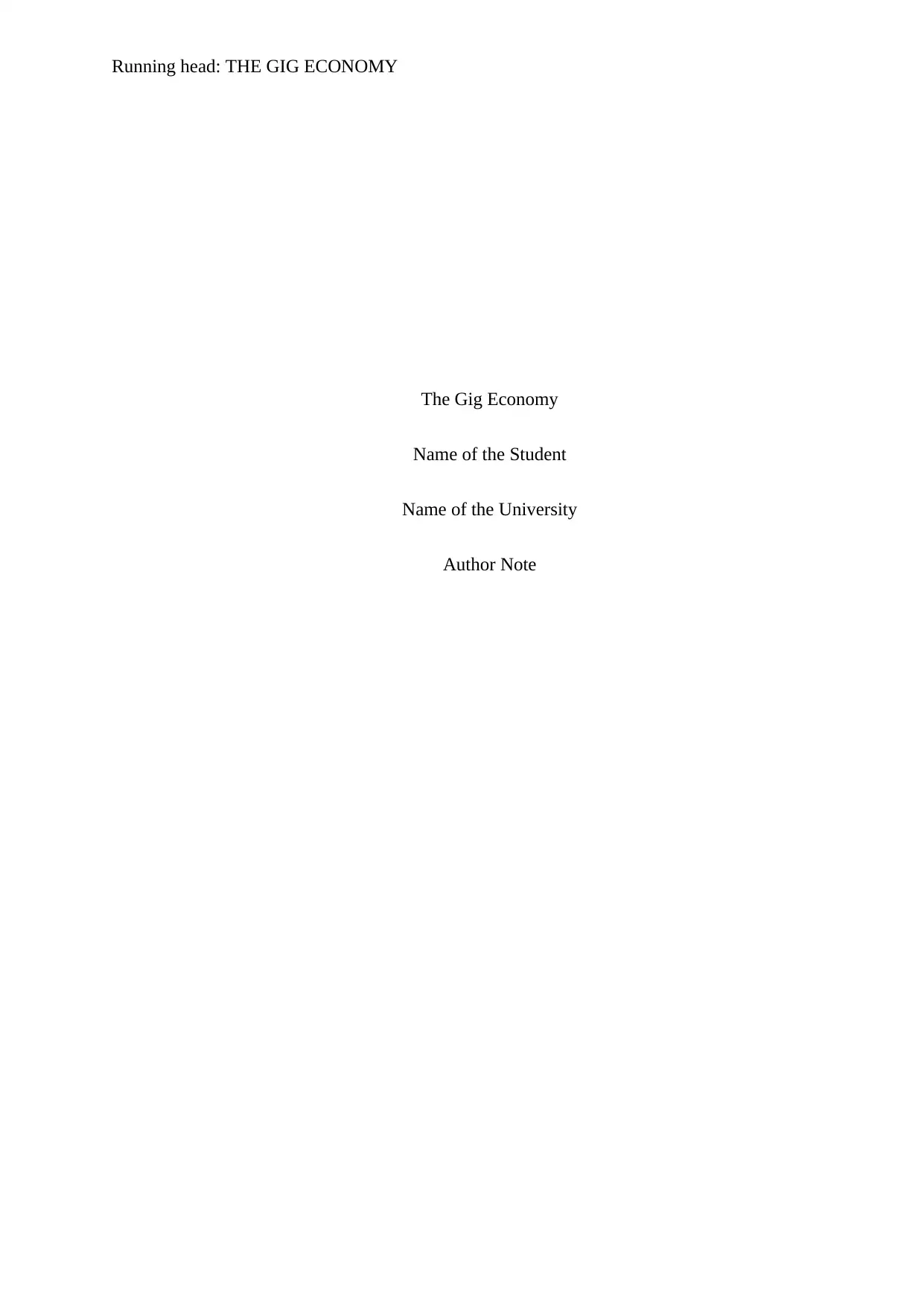
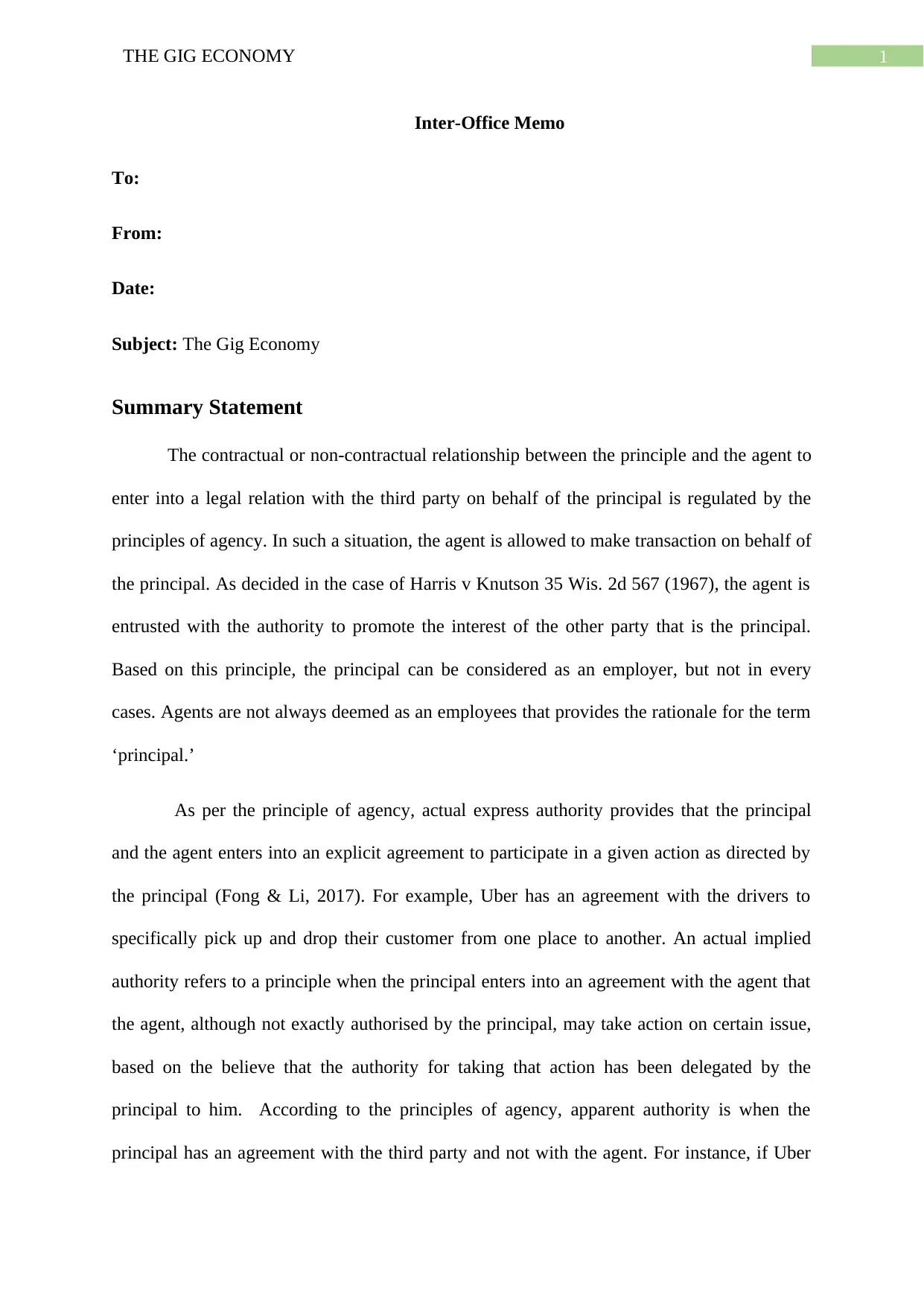
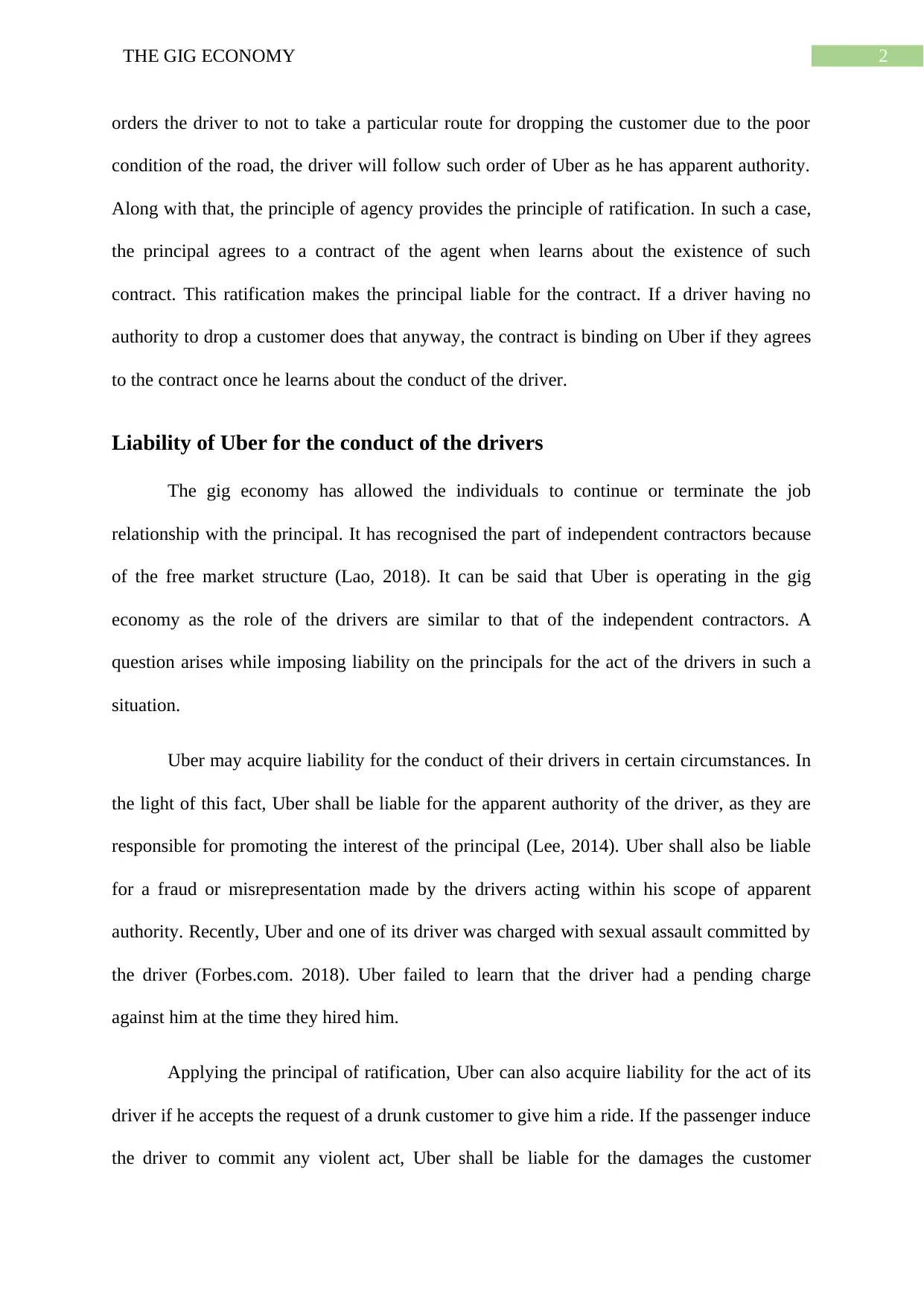

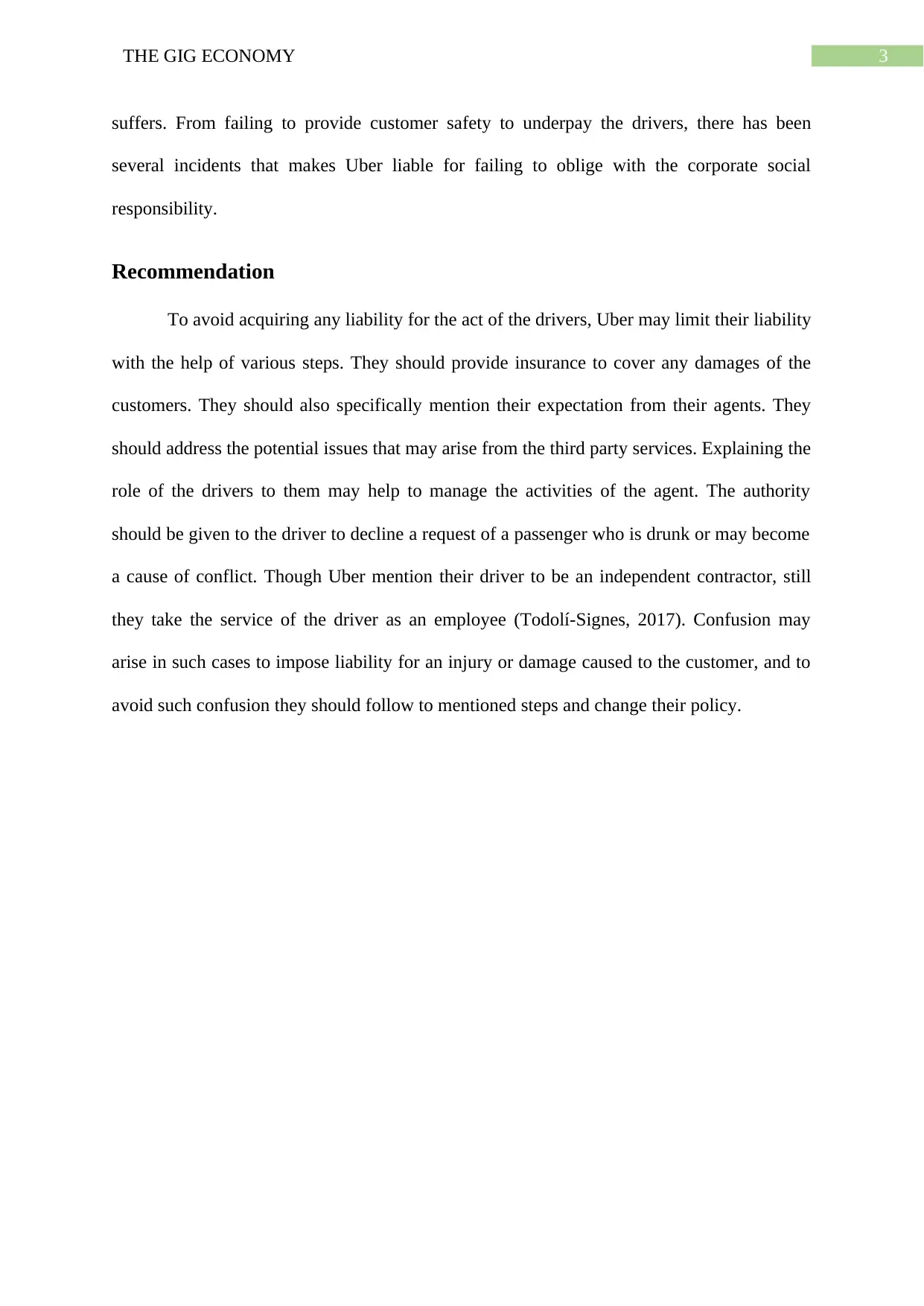
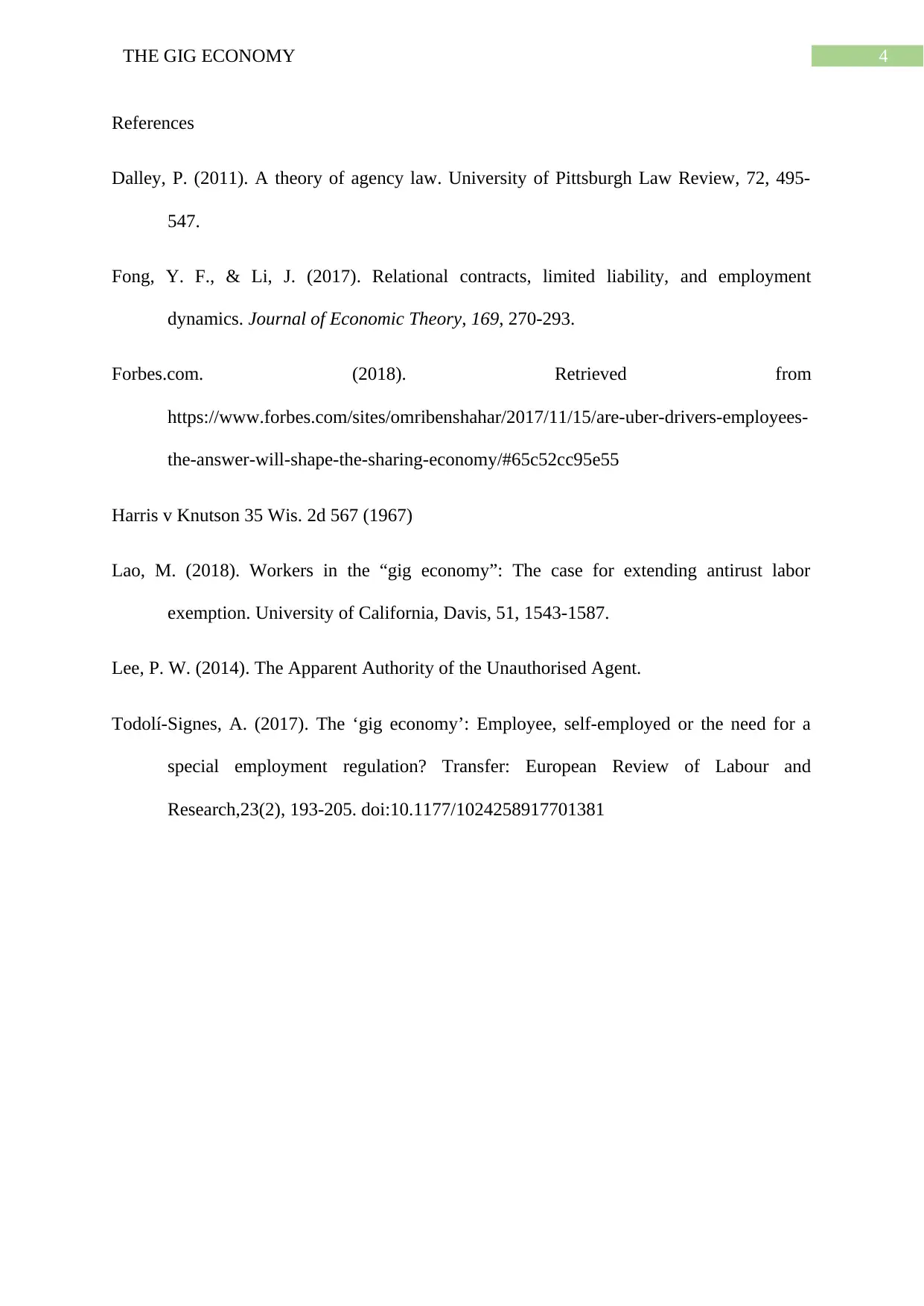






![[object Object]](/_next/static/media/star-bottom.7253800d.svg)